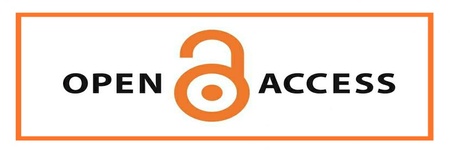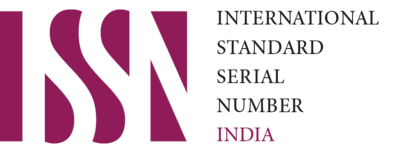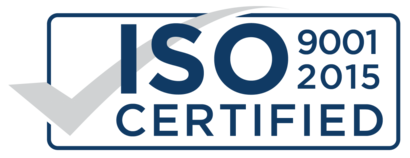GRADUATE TRACER OF THE COLLEGE OF NURSING- EXCERPTS FROM THE PREVIOUS FINDINGS TO PRESENT: A LONGITUDINAL ANALYSIS
Keywords:
Tracer study, Nursing graduates, Current work status, Educational background, Employment DataAbstract
Education and training systems have a key role to play in ensuring that ensuring opportunities are provided for all individuals to develop their skills continually in a lifelong learning perspective, enabling them to adapt to rapidly changing labor market requirements and conditions. Graduate Tracer studies are essential for understanding the relevance and quality of programs offered by the universities as well as the labor market. The present study re-evaluated the University of Cebu Lapulapu and Mandaue (UCLM)-College of Nursing's current work status and employment data. Excerpts were taken from the previous tracer study findings by Sanchez and Diamante (2007-2014). Based on the findings, highlights are presented to help improve UCLM-CN’s endeavor. Majority of the graduates (93%) have not pursued graduate studies. This implies that they have not placed importance on continuing education. Emphasis must be placed on the CORE VALUE of UC in the curriculum where research and innovation are needed even as you graduate course. An upward trend of migration to other countries to seek employment was detected. The emphasis on service to the community/community extension must be inculcated in the learning of the students to help control this phenomenon of mass migration. The top training/advanced studies attended after college and relevant to the course are (1) Basic life support (BLS); (2) Advanced cardiac life support (ACLS); and (3) Intravenous Therapy (IV) training. The improve their chances of having these certificates/licenses, the core concepts of these skills must be enhanced. Currently, as viewed by the graduates, the competencies learned in college which is the most useful in the industry are (1) basic nursing skills; (2) communication skills; (3) decision-making skills; (4) human relation skills; and (5) problem-solving skills.
Downloads
Downloads
Published
How to Cite
Issue
Section
License
Copyright (c) 2023 Dr. Thelma Feliciano, Dr.Marcelo T. Lopez, Dr.Carmen P.Villarante, Vivian Aimee M. Diamante, Marc Patrich R. Sanchez

This work is licensed under a Creative Commons Attribution-NonCommercial 4.0 International License.








